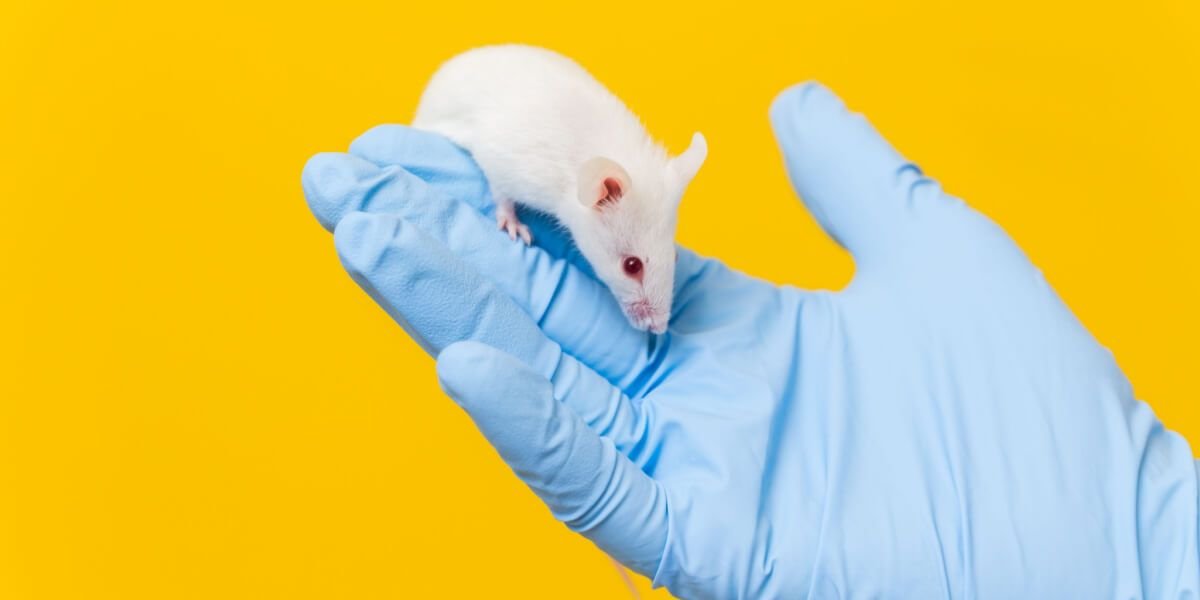A phase III trial in the UK will see if the dissociative hallucinogen ketamine, combined with therapy, can prevent relapse in people being treated for severe alcohol use disorder. If the trial is successful, the treatment could be rolled out across the country.
.jpg?v=1722513348)
Participants will be given three infusions of ketamine alongside therapy
The Ketamine for Reduction of Alcohol Relapse (KARE) trial, led by researchers at the University of Exeter, will recruit 280 people with severe alcohol use disorder through seven National Health Service (NHS) sites across the UK.[1] Half of the participants will be given three infusions of ketamine alongside psychological therapy, while the other group will receive a placebo of a very low dose of the drug and a seven-session education package about the harmful effects of alcohol.
Participants will be followed up at three and six months, with their alcohol use self-reported and measured through smartphone-mounted breathalyzers and wearable devices.
Researchers will consider how well the ketamine treatment reduces harmful drinking and prevents relapse. Currently, three out of four people who quit alcohol will return to heavy drinking within a year, so there's a demand for better treatment.
Professor Anne Lingford-Hughes, professor of addiction biology at Imperial College London and consultant addiction psychiatrist, said: “We currently have few effective treatment options for people with alcoholism, and not all of these work for everyone. We desperately need new treatments using different approaches such as this trial to help people regain control of their life and reduce the immense harms they experience from alcohol.”[1]
Alcohol-related harm also costs society: the NHS faces a bill of an estimated £3.5 billion per year as a result of alcohol use, while wider UK society pays around £40 billion annually.
The trial builds on an earlier smaller study
The trial builds on an earlier phase II trial, which found that ketamine-assisted therapy is safe, tolerable, and effective for people with severe alcohol use disorder.[2] Among the 96 participants in that proof of concept trial, those who were given ketamine stayed completely sober for 87% of the days during the six-month follow-up.
“This phase 3 trial seeks to find definitive evidence of this effect so that hopefully we might be able to roll out this treatment eventually to patients and the NHS,” said Celia Morgan, professor of psychopharmacology at the University of Exeter and trial lead.[3]
Ketamine could make people more receptive to therapy
The study will use a 0.8mg/kg dose of ketamine, comparable to a large recreational dose. When that dosage was used in the proof of concept study, participants "were experiencing some quite unusual things like having out-of-body experiences, feeling like they were having these insights and epiphanies into their life,” Morgan said.[3]
Those insights can make them more receptive to therapy, helping them change their perspective and view their drinking in new ways. Ketamine can also promote the growth of new synapses in the brain, especially 24 hours after the dose, and can help people inscribe healthier patterns of thought with the assistance of a therapist.
“We time one of our psychological therapies so that the brain is really primed for new learning,” Morgan said.
“By bringing together the specific biochemical effects of ketamine and the supportive, structured, and change-focused space of psychotherapy, this study should finally establish the usefulness of this approach to treating addictions,” said Dr. Stephen Kaar, a study lead and a consultant addiction psychologist.
Psychedelics as treatment for alcoholism
This isn't the first time hallucinogenic drugs have been explored as a treatment for alcoholism. LSD was studied as a medication for alcoholism in the 1950s and 60s before criminalization made research more difficult. Liberalized laws and attitudes about drugs have reinvigorated research in recent years. A recent study by researchers at NYU Grossman School of Medicine found that two doses of psilocybin, the active ingredient in magic mushrooms, reduced heavy drinking by 83% when combined with psychotherapy. [4]
Ketamine has the benefit of being a widely used anesthetic and a schedule 3 drug in the US, making research and off-label prescribing easier. In fact, there have been many successful trials of and prescriptions for ketamine as a treatment for depression. It remains a class B drug in the UK.
It's been previously researched for alcohol use, although the studies have focused on social drinkers and have used a one-time dose to erase drinking memories, Morgan said.
The £2.4 million Ketamine for Reduction of Alcohol Relapse study is being funded by the National Institute for Health and Care Research (NIHR) and the Medical Research Council, with additional support from Awakn Life Sciences, a biotech company specializing in developing treatments for addiction.
Recruitment for the trial will begin mid-way through 2023.



-blog-detail.jpg?v=1722513257)
-blog-detail.jpg?v=1722513244)